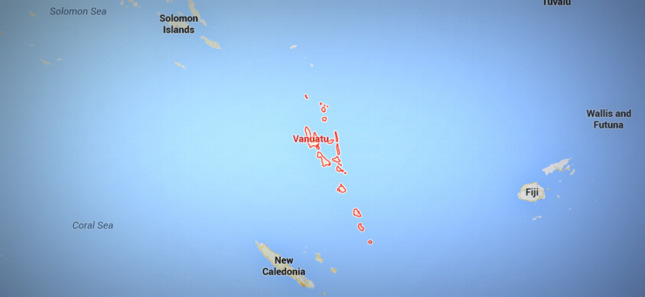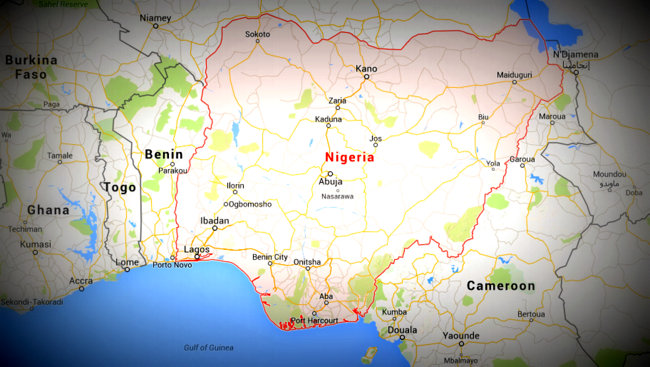If you live in the UK and listen to the radio, you’ve probably heard that long-time announcer/broadcaster Peter Donaldson died earlier this week. For years–decades actually–Donaldson was a prominent voice on Radio 4.
Donaldson was also well-loved by his listeners, and his colleagues at the BBC (read this touching tribute).
Donaldson had a familiar, calming voice; perhaps that’s why he was asked by the BBC to record a series of informational messages in the event of a nuclear war.
Yes, to be clear, the BBC had a plan.
This article in the BBC Magazine explains (thanks, Andrea):
“BBC newsreader Peter Donaldson, who has died aged 70, was to have been the voice of radio bulletins in the event of a nuclear attack. What would have gone out on the UK’s airwaves if the Cold War had turned hot?
“This is the Wartime Broadcasting Service. This country has been attacked with nuclear weapons. Communications have been severely disrupted, and the number of casualties and the extent of the damage are not yet known.”
So began the script, read by Peter Donaldson, which was to go out on British airwaves in the event of nuclear war.”

Here’s an audio clip from Peter Donaldson’s pre-recorded announcement:
While I’m an avid radio listener, I should hope I never hear a similar message over the air (even though Donaldson’s voice is indeed quite calming).
If you’re curious, here is the full Wartime Broadcasting Service official post-attack statement, courtesy of Wikipedia:
This is the Wartime Broadcasting Service. This country has been attacked with nuclear weapons. Communications have been severely disrupted, and the number of casualties and the extent of the damage are not yet known. We shall bring you further information as soon as possible. Meanwhile, stay tuned to this wavelength, stay calm and stay in your own homes.
Remember there is nothing to be gained by trying to get away. By leaving your homes you could be exposing yourselves to greater danger. If you leave, you may find yourself without food, without water, without accommodation and without protection. Radioactive fall-out, which follows a nuclear explosion, is many times more dangerous if you are directly exposed to it in the open. Roofs and walls offer substantial protection. The safest place is indoors.
Make sure gas and other fuel supplies are turned off and that all fires are extinguished. If mains water is available, this can be used for fire-fighting. You should also refill all your containers for drinking water after the fires have been put out, because the mains water supply may not be available for very long.
Water must not be used for flushing lavatories: until you are told that lavatories may be used again, other toilet arrangements must be made. Use your water only for essential drinking and cooking purposes. Water means life. Don’t waste it.
Make your food stocks last: ration your supply, because it may have to last for fourteen days or more. If you have fresh food in the house, use this first to avoid wasting it: food in tins will keep.
If you live in an area where a fall-out warning has been given, stay in your fall-out room until you are told it is safe to come out. When the immediate danger has passed the sirens will sound a steady note. The “all clear” message will also be given on this wavelength. If you leave the fall-out room to go to the lavatory or replenish food or water supplies, do not remain outside the room for a minute longer than is necessary.
Do not, in any circumstances, go outside the house. Radioactive fall-out can kill. You cannot see it or feel it, but it is there. If you go outside, you will bring danger to your family and you may die. Stay in your fall-out room until you are told it is safe to come out or you hear the “all clear” on the sirens.
Here are the main points again:
Stay in your own homes, and if you live in an area where a fall-out warning has been given stay in your fall-out room, until you are told it is safe to come out. The message that the immediate danger has passed will be given by the sirens and repeated on this wavelength. Make sure that the gas and all fuel supplies are turned off and that all fires are extinguished.
Water must be rationed, and used only for essential drinking and cooking purposes. It must not be used for flushing lavatories. Ration your food supply: it may have to last for fourteen days or more.
We shall repeat this broadcast in two hours’ time. Stay tuned to this wavelength, but switch your radios off now to save your batteries until we come on the air again. That is the end of this broadcast.
PRI’s The World featured a story about Peter Donaldson as well, and it was mentioned that perhaps the US has a similar “official” post-attack statement. I’m willing to bet we do, but I’m not sure how it would be disseminated over radio. Unlike the UK, we don’t have local relays of a government broadcaster. We do have the Emergency Alert Service which is directly tied to local and national broadcasting outlets–assuming satellite feeds are still functioning, that is.
Enough apocalyptic thoughts today?
Back to your regularly scheduled program…






